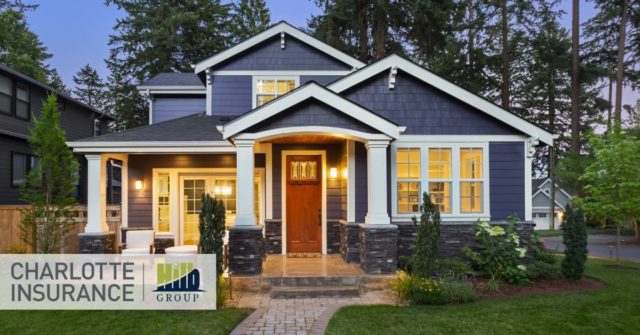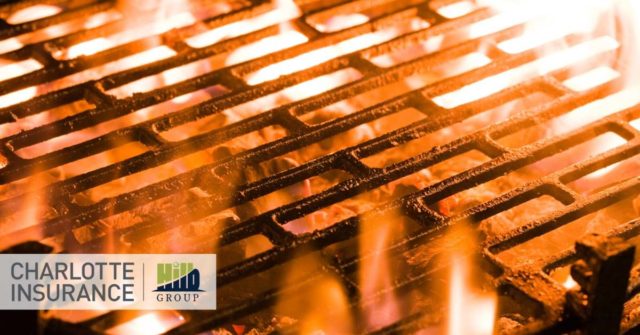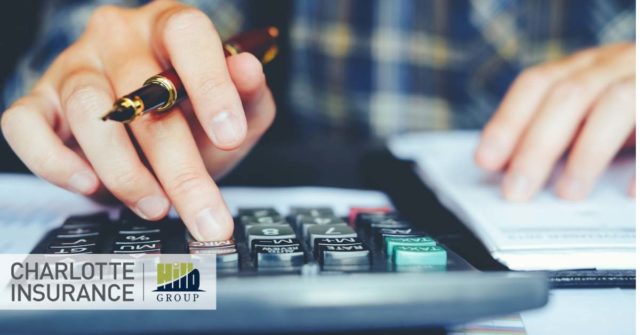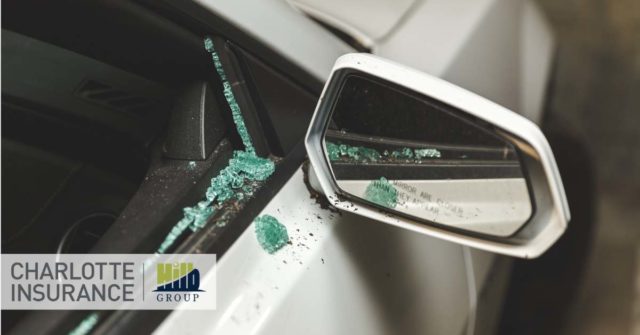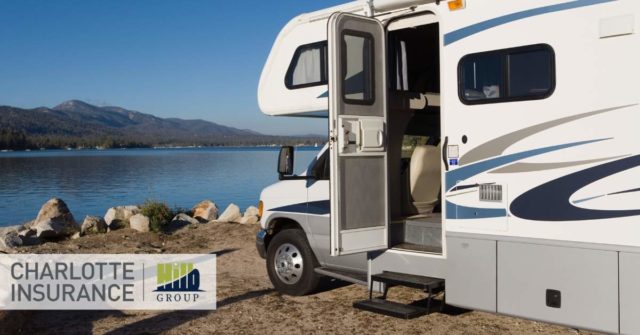When buying homeowners insurance, a lot of terms get thrown around, creating a bit of confusion and leading to many questions. The two most common (and likely most important) terms in your homeowners policy are replacement cost and actual cash value. What are they, and how do you know which one is right for you?
Here’s what you need to know.
Replacement Cost
Replacement cost is exactly what it sounds like. Your home insurance covers the cost to replace a covered item or structure with a brand-new version — up to your homeowners insurance policy’s limit. Replacement cost is not the same as what you paid for your home, and it does not factor in the value of the land. It’s only based on the cost to replace or rebuild personal property or the dwelling.
For personal property, this means that if your TV or furniture are damaged in a covered peril, you’d receive enough money to replace the damaged property with the same model or something of similar quality.
For your home, the replacement cost value is based on the cost of materials and labor to rebuild to a similar size and quality of your existing home. You won’t receive enough cash to build a bigger home.
It’s important to review your policy limits on a regular basis. If material or labor costs are extremely high in your area, your policy limit may be less than the real cost to rebuild. This means you’ll still have to pay out of pocket.
Actual Cash Value
Actual cash value or ACV is exactly what it sounds like, too. When you file a claim, you’ll receive the current day’s value for the item, not the amount required to replace it. It’s important to understand that, over time, the value of almost everything declines. This loss of value is known as depreciation. In determining your claim, adjusters will figure out the ACV based on the replacement value, age, and salvage value (the theoretical amount an item could be sold for at the end of its life) of your property.
For personal property, common items like TVs or furniture will receive less than the cost to replace them. But for rare items like art, gems, firearms, antiques, and others, you would receive the true value, which may be more than you paid.
For your home, the age of the structure and parts of the home that need to be replaced will be considered in determining the value. You’ll only be paid on the depreciated value, regardless of the real cost to replace or rebuild.
Which is Better?
Figuring out which type of homeowners insurance you need comes down to personal considerations and financial needs.
Replacement Cost coverage costs more in insurance premiums, but that’s because you’ll receive more cash in your claim. You’ll pay less out of pocket, assuming your claim isn’t larger than your policy limit. Most people choose replacement cost coverage.
Actual Cash Value costs you less in premiums. However, you will have to pay more out of pocket when you file a claim. For people with large savings or valuable assets, this can be an option.
Ultimately it’s up to you to determine which type of home insurance coverage is best for you, but we’re here to help you figure that out. To update your current policy, learn more about your coverage, or get a quote for a new policy, contact Charlotte Insurance today.

